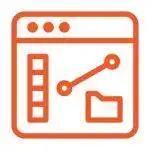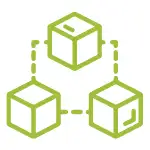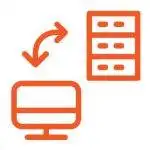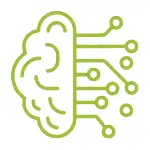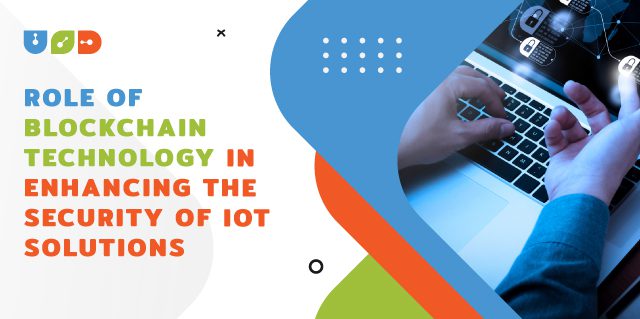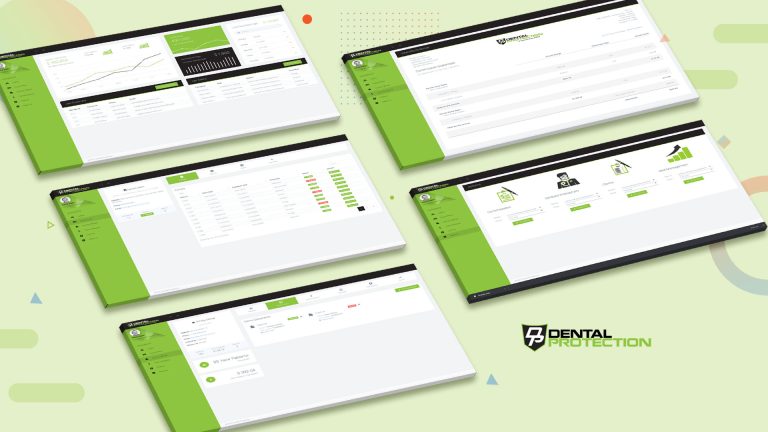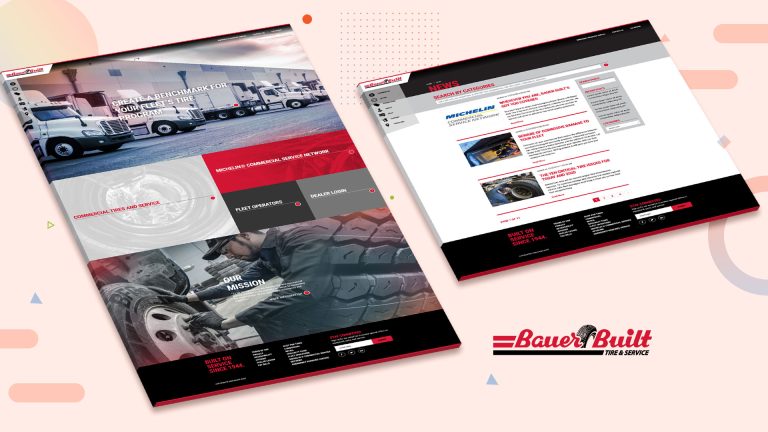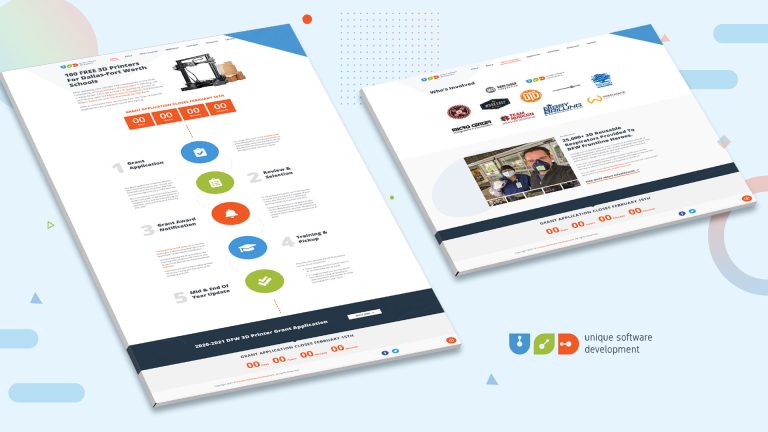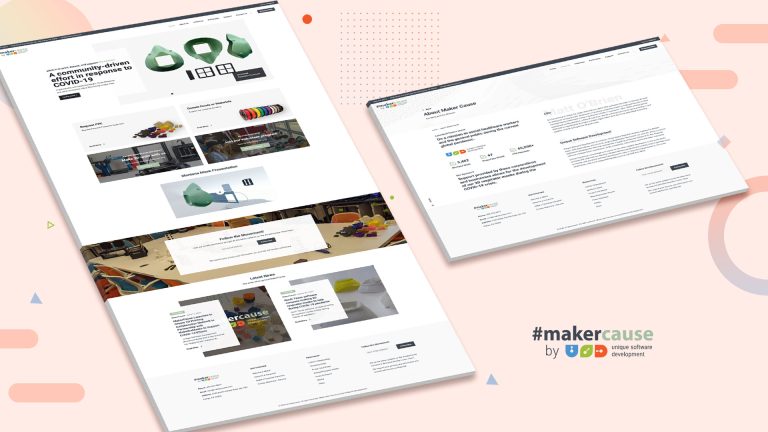Table of Contents
ToggleThe Internet of Things continues to revolutionize various industries by enabling them to collect and exchange data. However, the rapid expansion of IoT solutions has raised concerns about security, privacy, and data integrity. Blockchain technology, known for its decentralized, secure, and transparent nature, presents a promising solution to address these challenges. This article explores the role of blockchain technology in the security of IoT solutions and its potential benefits for industries.
Blockchain Technology: A Brief Overview
Blockchain technology uses a decentralized, distributed ledger to securely, openly, and impenetrably record transactions. Each transaction is stored in a block linked to the previous block, forming a chain. The information in the blockchain is encrypted using advanced cryptography techniques, ensuring data integrity and protection against unauthorized access. The decentralization aspect of blockchain technology eliminates the need for a central authority, making it less vulnerable to hacking and manipulation.
IoT Solutions and Security Challenges
IoT solutions are transforming healthcare, agriculture, manufacturing, and supply chain management industries by connecting devices, sensors, and machines. These machines help in collecting and analyzing data. This data-driven approach enables companies to optimize their operations, reduce costs, and improve decision-making. However, the increasing number of connected devices and the vast amount of data generated by IoT solutions have raised concerns about security, privacy, and data integrity.
Some of the major challenges IoT solutions are facing include:
· Data security
IoT devices often collect and store sensitive information, making them attractive targets for hackers and cybercriminals. The lack of standardized security protocols and the use of weak encryption methods in many IoT devices further exacerbate this issue.
· Privacy
IoT solutions can collect personal information, such as location data, health records, and consumption habits, raising concerns about user privacy. Protecting this data from unauthorized access is crucial to maintain user trust and comply with data protection regulations.
· Scalability
The rapid growth of IoT solutions results in an increasing number of connected devices, making it difficult for centralized systems to manage and process the vast amount of data generated. This can lead to performance bottlenecks and increased vulnerability to cyberattacks.
· Interoperability
IoT solutions often involve devices and systems from different manufacturers, making it challenging to establish seamless communication and data exchange between them. Standardizing communication protocols and data formats is essential to enable efficient and secure data sharing across different IoT devices and systems.
How Can Blockchain Technology Enhance IoT Security?
Blockchain technology offers several features that can address the security challenges faced by IoT solutions. Some of the key benefits of integrating blockchain technology in IoT solutions include:
1. Decentralization
Blockchain’s decentralized nature eliminates the need for a central authority, making it less susceptible to single points of failure and cyberattacks. By distributing data across multiple nodes in the network, blockchain provides a more resilient and secure infrastructure for IoT solutions.
2. Data Integrity
Blockchain’s cryptographic techniques ensure that the data stored in the ledger is tamper-proof and cannot be altered without the network consensus. This provides a high level of data integrity and trustworthiness, which is essential for IoT solutions dealing with sensitive information.
3. Privacy and Anonymity
Blockchain technology can provide a secure and private data exchange platform for IoT devices by encrypting the data and using pseudonymous identifiers for the devices involved in the transaction. This ensures that the data remains confidential and protected from unauthorized access.
4. Scalability
Blockchain’s distributed architecture can handle large volumes of data generated by IoT solutions, making it a scalable solution for managing and processing data across numerous devices. In addition, blockchain’s peer-to-peer communication model can reduce the reliance on centralized servers and improve overall system performance.
5. Interoperability
Blockchain technology can facilitate seamless data sharing and interoperability between different IoT devices and systems by standardizing communication protocols and data formats. This can lead to more efficient and secure data exchange across various IoT solutions.
Blockchain-based IoT Solutions: Use Cases and Applications
The integration of blockchain technology in IoT solutions has the potential to transform various industries and bring significant benefits to businesses and consumers. Some of the notable use cases and applications include:
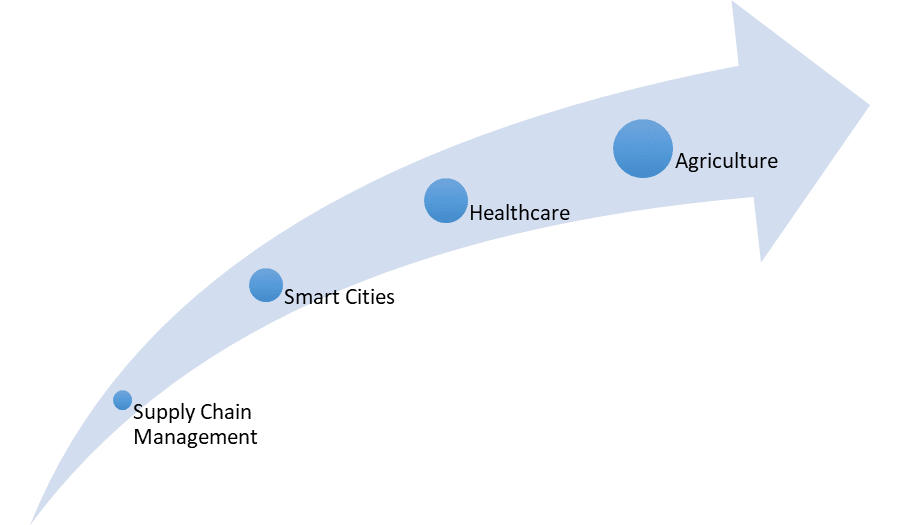
1. Supply Chain Management
Blockchain technology can enable secure and transparent tracking of products throughout the supply chain, from the point of origin to the end consumer. IoT devices can collect and transmit data on product location, condition, and handling, while blockchain’s decentralized ledger ensures data integrity and provides a verifiable record of the product’s journey.
2. Smart Cities
Blockchain-based IoT solutions can support the development of smart cities by enabling secure data exchange between connected devices and systems, such as traffic lights, public transportation, and energy grids. This can improve urban planning, resource management, and overall efficiency, leading to more sustainable and livable cities.
3. Healthcare
IoT devices like wearable sensors and medical equipment can collect and transmit patient data to healthcare providers. This transmission helps in remote monitoring and diagnostics. Integrating blockchain technology can secure the storage and exchange of sensitive patient information.
4. Agriculture
Blockchain-based IoT solutions can help optimize agricultural processes by collecting and analyzing soil conditions, weather patterns, and crop health data. This can enable farmers to make informed decisions on irrigation, fertilization, and pest control, leading to increased crop yields and reduced resource wastage.
Challenges and Future Prospects
While blockchain technology offers significant potential for enhancing the security of IoT solutions, several challenges still need to be addressed. Some of these challenges include:
· Energy Consumption
Blockchain networks, particularly those using proof-of-work consensus mechanisms, can consume significant amounts of energy. This can be a concern for energy-efficient IoT solutions and may require the development of alternative consensus mechanisms that are more energy-efficient.
· Complexity
Implementing blockchain technology in IoT solutions can be complex, requiring expertise in both fields. This may necessitate collaboration between IoT and blockchain experts to develop integrated solutions that address the unique requirements of different industries.
· Regulatory Barriers
The integration of blockchain technology in IoT solutions may face regulatory hurdles, particularly in industries with strict data protection and privacy requirements. Ensuring compliance with existing regulations and engaging policymakers to develop supportive regulatory frameworks will be crucial.
Despite these challenges, the potential benefits of integrating blockchain technology into IoT solutions are significant. These benefits include improved security, privacy, and data integrity. As the IoT ecosystem continues to grow and evolve, the role of blockchain technology in enhancing the security of IoT solutions is expected to become increasingly important, paving the way for more secure, efficient, and transparent data exchange across various industries.


